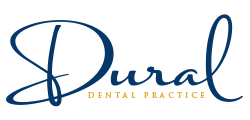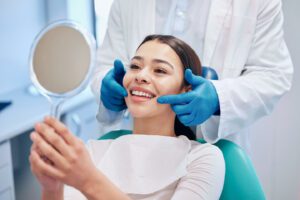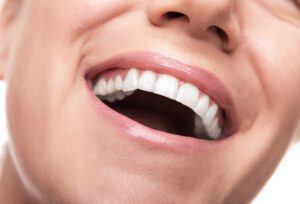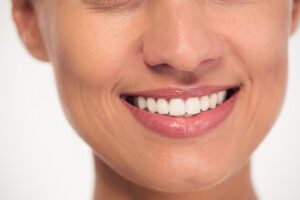Obstructive Sleep Apnoea is a syndrome which involves repeated episodes of airway obstruction during sleep, due to relaxation of the tongue and airway-muscles. Obstructive sleep apnoea has detrimental effects on sleep-quality, health (increases the risk of poor memory and concentration, obesity, high blood pressure, heart disease, Type-2 diabetes, depression, impotence, mood disorders, motor vehicle and industrial accidents) and poses a 7-fold higher risk of death.
Common Symptoms Of OSA
- Snoring
- Waking unrefreshed
- Daytime tiredness
- Waking during the night choking or gasping for air
- Taking a long time to go to sleep
- Waking up to go the toilet in the middle of the night
- Feeling tired after lunch
- Falling asleep in front of the TV
Risk Factors
Some of the common risk factors for obstructive sleep apnoea include:
- Obesity (especially obesity around the abdomen and neck)
- Large neck circumference (>43cm for men and >40cm for women)
- Age over 65 years (although OSA affects individuals of all ages, including children and adolescents)
- Family history
- Certain facial abnormalities, including a high, narrow, elongated, soft palate, a small chin, an abnormal bite and a small jaw
- Excessive alcohol consumption
Treatment
We can help with the diagnosis and treatment of OSA in adults with the provision of oral appliances. Oral appliances are helpful for people with mild to moderate OSA:
- They may be the preferred option over Continuous Positive Airway Pressure (CPAP) therapy (a type of ventilator which applies mild air pressure continuously to help keep the airways open) or
- May be a good alternative in people who do not respond or are not appropriate candidates for CPAP
Please contact us at the practice for further information or assessment.





